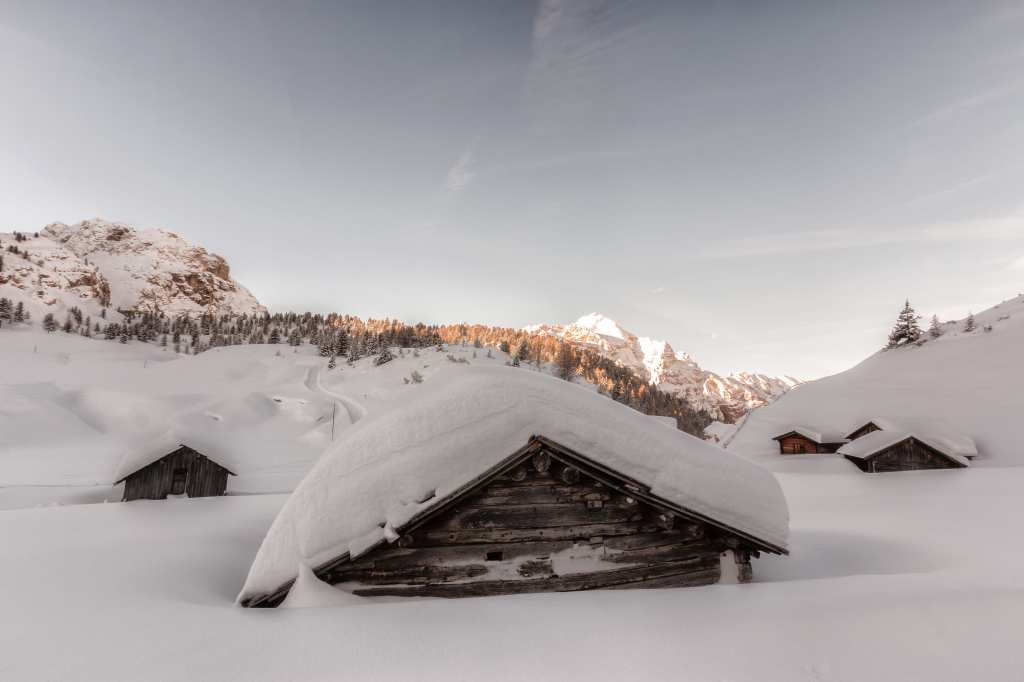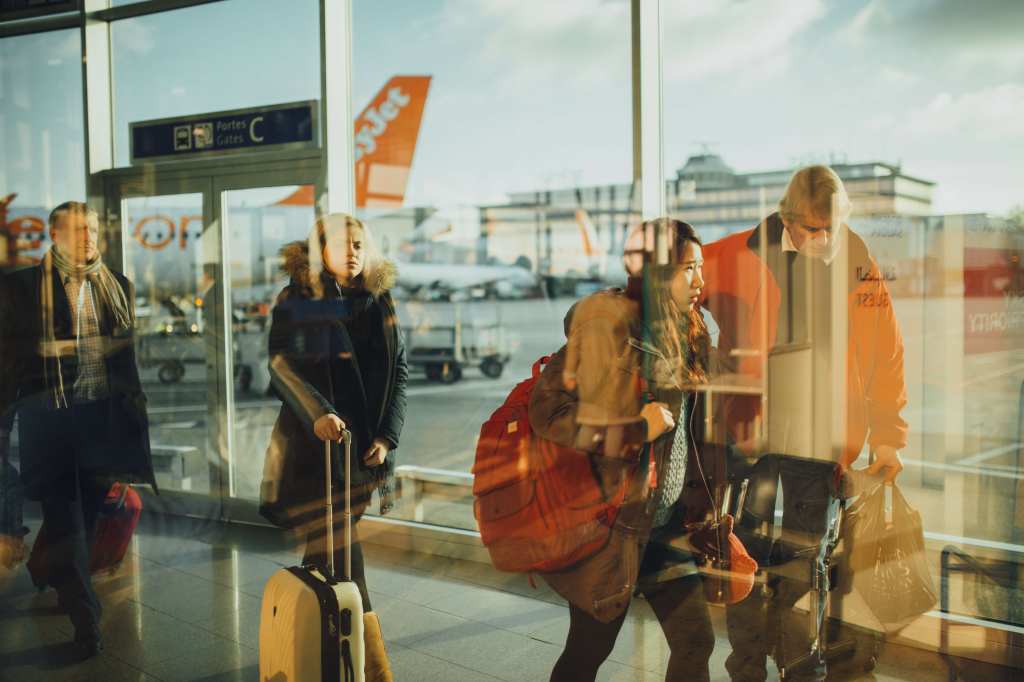Sometimes the best way to take care of yourself is to take a break from your day job and head somewhere incredible. What? You have planning paralysis? Don’t worry! This guide will take you through everything you need to know.
Pack your bags. It’s time to plan your next vacation!

When and Where?
Deciding when and where to go, that’s the fun part! Are you looking for some time on the beach? Are you more interested in culture and history? It’s up to you!
Keep reading for some important things to keep in mind while you’re making your travel plans.
Budget
One of the first things to consider when vacation-planning is how much you can afford. The biggest expenses to keep in mind are travel and lodging.
How much can you spend on plane tickets? If plane tickets aren’t in the budget, is there public transportation that can get you to your vacation spot? Road trips are a nice option if you can afford the time and the gas money. And don’t forget about trains!
You’ll also want to consider your time off benefits at work. How much can you afford from a time standpoint? For example, I have a set number of vacation hours each year. I have to budget my time off so I don’t go over, but my paycheck won’t be affected by my vacation. My husband, on the other hand, can technically take as much vacation as he wants, but he doesn’t get paid for any of his non-working hours. The longer we spend on vacation the less income we have.
Safety
Take a look at the weather forecast for your desired travel destination. Is it wet season or dry season? Are there weather-related risks like hurricanes, tornadoes, or snowstorms? Are there any other environmental safety warnings or a need for vaccinations? Maybe all you need is to pack extra gear (raincoats and long underwear), but a bad storm or an outbreak could cause your whole trip to be cancelled. You may want to budget for travel insurance.

Will your money be safe? Read up on the recommended precautions to protect your identity and your money. You’ll also want to alert your banks to your travel plans so you don’t get locked out of your own account. It’s a good idea to have a bit of local currency for emergencies, whether you get it ahead of time or at the airport.
Before your trip, make sure you keep an eye on the political climate of your destination. Civil unrest can change your plans overnight, and you don’t want to put yourself in danger. The US State department issues travel advisories that are helpful for this purpose, as well as contact information for the local embassy and details about necessary travel documents (like visas).
Read up on other tourist safety tips for the cities and towns you’re visiting. We take it for granted that we know which neighborhoods to avoid in our home area, but you’ll be less familiar when you’re traveling.

Language
If you’re traveling internationally, you may be wondering, “Do they speak my language?” Thankfully, most major tourist destinations will have English speakers to help you out, but there are also translation apps you can use. If you’re going to a non-English speaking country, make sure you learn a few important phrases before you travel and have a way to translate the rest.
You also want to keep in mind that even if the people speak English, signs and directions may be very different from what you’re used to. Familiarize yourself with how to read transportation signs before you go.
Another thing to consider is non-verbal language. Gestures and interpersonal behaviors vary greatly between countries. Make sure you are informed so you don’t offend someone with inappropriate signals that mean something different in your home country.
Transportation
Purchasing airfare is the part of travel-planning that personally gives me the most anxiety. It’s usually one of the most expensive parts of the trip, and the most difficult to get refunded if plans change. I use apps like Hopper and SkySkanner to track price changes leading up to my flight purchase. I feel more confident that I’m making a good buy. These apps will also help you find the most budget-friendly travel dates if your schedule is flexible. Make sure you budget extra for things like checked baggage, seat selection, and taxes.

If you’re planning on driving or renting a vehicle, check to see if you need any special permits. Familiarize yourself with common road signs and read up on driving behaviors so you know what to expect. In Iceland, for example, a left-turn signal indicates to the car behind you that the coast is clear for passing in the oncoming lane. It helps to know that! It’s also helpful to know how to buy gas. Do you pump it yourself? Is it pre-pay? Do you need a special card?
Speaking of special cards, if you’re planning on using public transportation during your trip, you’ll want to know what pass to purchase. In some cities a public transport card also gets you discounts on local museums and tours. Since you’ll be traveling in an unfamiliar area, learn the names of the stops before yours so you’re prepared. If you get a transportation map, you’ll be prepared even if you miss your stop.
Walking is a great way to get around in a bustling city because you don’t have to worry about traffic or parking. Be sure to keep it reasonable and know your limitations. Maybe you’ll walk to the museum but hop on the bus for the return trip. If you’re foregoing a vehicle entirely, make sure you pick accommodations that are central and walkable to local attractions.

Accommodations
Deciding on a place to stay? Look at the hotel star rating to get a better idea of what level of service and amenities to expect. Before booking, also be sure to find out the specific amenities for the room of your choice. We Americans are used to private bathrooms, even in a 2-star lodge, but don’t be surprised to find shared bathrooms overseas.
Hotel reviews can also give you an idea what to expect. I usually like to look at a few review sites for comparison. For example, I’ll look at both the Google reviews and TripAdvisor reviews to get a more complete picture. Look at how many reviews a place receives. A 5-star review is great, but if there’s only one reviewer it’s not an especially reliable rating.
Extra expenses, like city or tourist taxes are another thing to consider. Not every country has these, but they can add up quickly. Look for not only taxes but parking fees, costs of additional amenities, and whether or not you’ll have to pay separately for breakfast.
Site-seeing
What to do on vacation comes down to personal preference. Some people like to hit up all the hottest tourist spots, some like to relax poolside, and some like to immerse themselves in the local culture. Whatever your plans, do make sure the places will be open. National holidays differ, as do typical business hours.

Food
Know what you’re ordering and how to ask for it. If you can’t live without your morning coffee, make sure you know if it’s an “americano,” a “café au lait,” or something else. Learn about local delicacies, so you don’t miss out on something scrumptious! If your hotel has a kitchen, you may even want to check out a local farmer’s market.
Restaurant etiquette is also important. As my husband and I discovered in Ireland, not everyone tries to turn over tables as quickly as the US. We had to ask for our bill if we were in a hurry to get going.
Time Management
The toughest thing is figuring out how to visit every site and experience every experience before you have to leave. I like to make a prioritized list. Pick your top few sites to see, estimate how long each will take (including transportation) and how much time remains. Bring each site up on a map to see what’s nearby that might be interesting. This way, you’re still able to see the most important attractions and have time for a couple things off-the-beaten-path.
If you pack your days full of site-seeing, plan for exhaustion. I like to have a couple hours each day of flex time (unscheduled) in case I want to go do something I didn’t plan, or I just need a nap. If there is a big time difference between home and your vacation spot, this flex time will be crucial for the first couple jet-lagged days.

Packing
I like to start my packing list a couple weeks ahead so I can add other things as I remember them. You will want to think about the local weather, planned activities, and culturally appropriate clothing (do you need to cover up more?). You may need to invest in some international outlet adapters and a low-tech backup (map, contact info) for when WiFi is not available.
Have Fun!
Don’t forget. This is a vacation! Try to have some fun. There will always be a few unplanned snags. If you expect that, you’ll be better prepared to roll with the punches. Don’t a small hiccup detract from your experience.

—Written by Nina Ottman
Looking for someplace to go? Consider visiting Wisconsin (I have WI date ideas for you here). Having trouble deciding? Here’s my favorite tool for complex decision-making.
Be sure to follow this blog so you never miss a post!

That’s a lot of planning! What’s your take on using tour groups or travel agencies to do the planning for you?
LikeLike
I’m all for it! I don’t think it takes all the thinking out of it, but it definitely helps with figuring out transportation, lodging, site-seeing and timing. Personally, I like booking self-guided packages when I’m going to be traveling for a week or longer. It helps with the structure of the trip, but still allows all the flexibility of seeing the thing I want to see.
LikeLike